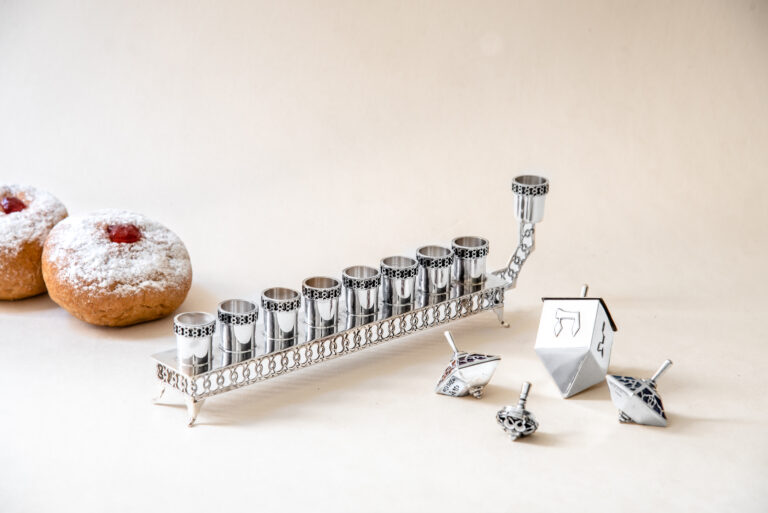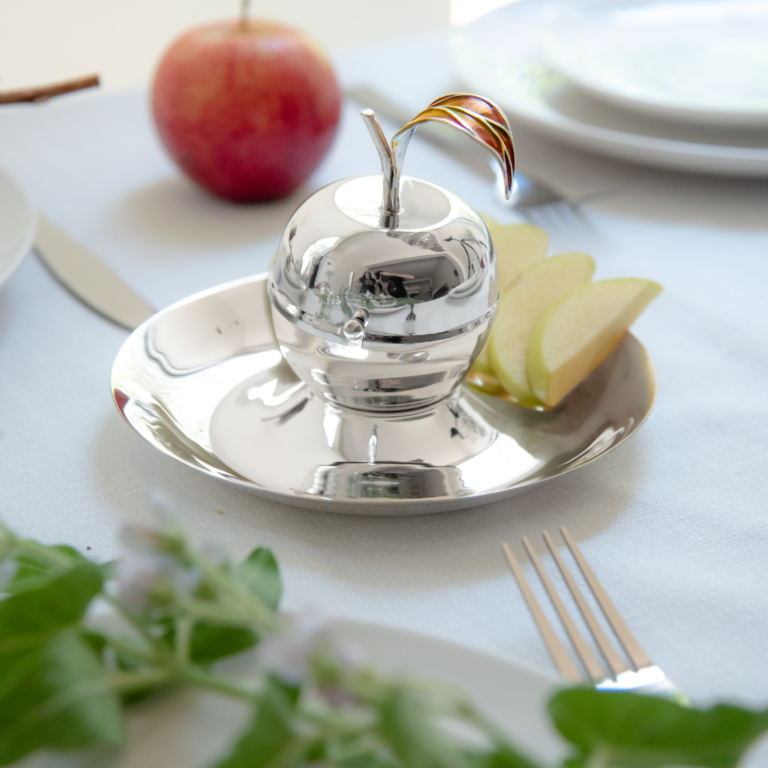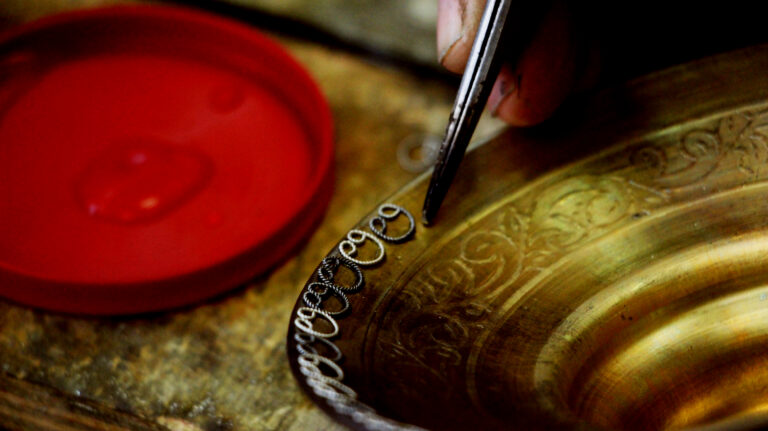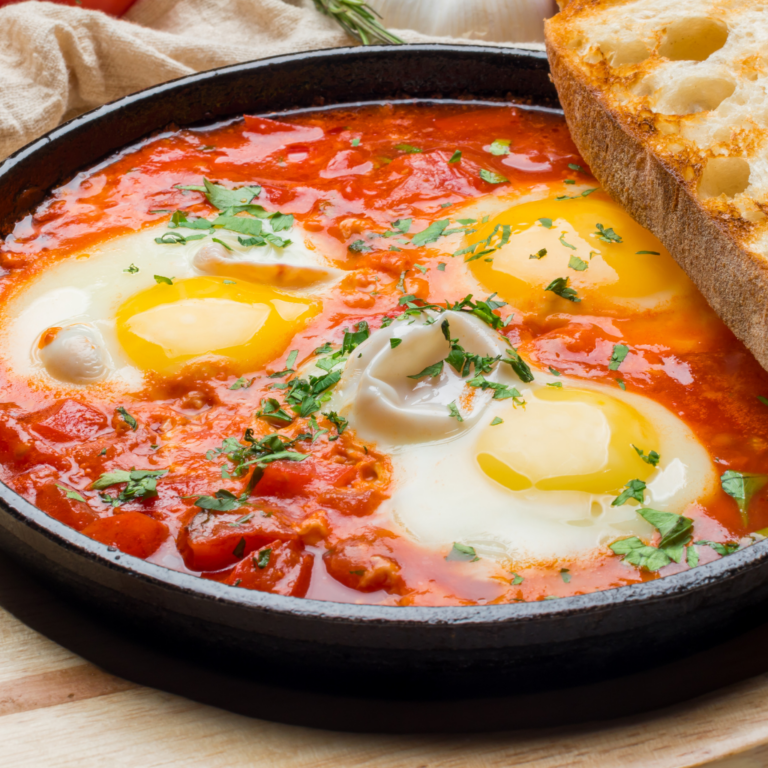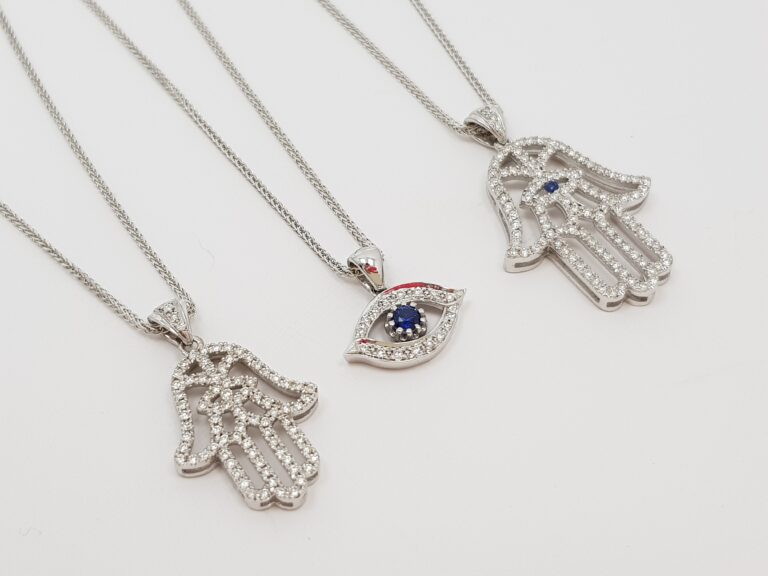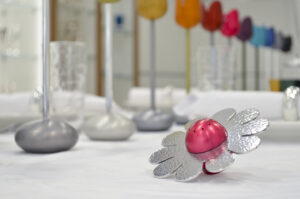
Kiddush is a ritual that holds immense significance in the Jewish faith. It is a sanctification of the Sabbath or Jewish festivals, performed by reciting blessings over wine and bread.
Kiddush, a cherished Jewish ritual, traces its origins to ancient practices, rooted in the Hebrew concept of sanctification. Originating between the 6th and 4th centuries B.C.E., the modern text comes from the Talmudic era.
Led by the head of the household, Kiddush involves blessings over wine and bread, symbolizing sanctity. Using a special cup, typically made of sterling silver or glass, the ritual varies in blessings for different occasions. Beyond tradition, Kiddush signifies the sanctification of time, space, and community, fostering spirituality in the modern world.
In this article, we will delve into the meaning and significance of Kiddush, exploring its spiritual essence and its role in Jewish culture.
To listen to the entire article, please click on the play button.
Origins of Kiddush
 The origins of Kiddush can be traced back to ancient Jewish practices. The word “Kiddush” is derived from the Hebrew root “Kadesh,” meaning to sanctify or set apart. The concept of sanctification through blessings over wine and bread has deep roots in Jewish history.
The origins of Kiddush can be traced back to ancient Jewish practices. The word “Kiddush” is derived from the Hebrew root “Kadesh,” meaning to sanctify or set apart. The concept of sanctification through blessings over wine and bread has deep roots in Jewish history.
The tradition of Kiddush is believed to have originated sometime between the sixth and fourth centuries B.C.E. However, the text used today originates from the time of the Talmud (200-500 C.E.).
The Kiddush begins with a passage from Genesis 2:1-3, which describes the completion of creation. This passage is followed by two blessings: one blessing that praises God for creating the fruit of the vine and one blessing that sanctifies the Sabbath or holiday.
The Ritual of Kiddush
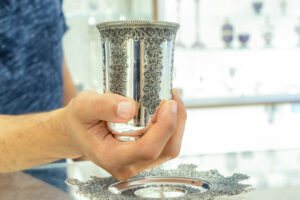
Kiddush is normally performed by the head of the household or a designated individual. It involves reciting specific blessings and partaking in wine or grape juice. The ritual serves as a symbolic act of sanctifying the holy day and acknowledging its special status.
As the ritual begins, the person leading the Kiddush holds a cup of wine or grape juice, known as the Kiddush cup. The cup is traditionally made of sterling silver, glass, or other materials of significance, symbolizing the sacredness of the occasion. The cup is raised, and the blessings over the wine are recited.
The blessings recited during Kiddush vary depending on the occasion. However, they commonly include prayers that express gratitude to God for the sanctity of the day and the blessings of sustenance. These blessings are recited in Hebrew, connecting individuals to their ancestral heritage and spiritual roots. The words of the blessings reflect the essence of Kiddush, emphasizing the holiness of the moment and the unique nature of the day.
After reciting the blessings, the person leading the Kiddush takes a sip from the Kiddush cup, symbolizing their participation in the sanctification of the holy day. It is customary for those present to also partake in the wine or grape juice, passing the cup around and taking a sip to signify their unity in observing the sanctity of the occasion.
Kiddush Blessings
The Kiddush blessings vary depending on the occasion. However, they commonly include prayers that express gratitude to God for the sanctity of the day and the blessings of sustenance. These blessings are recited in Hebrew, connecting individuals to their ancestral heritage and spiritual roots.
Kiddush Cup
A central element of the Kiddush ritual is the use of a special cup, known as the Kiddush cup or goblet. The cup is typically made of silver, glass, or other materials of significance. It symbolizes the sanctity of the occasion and is often passed down as an heirloom within families.
Here are some different types of Kiddush cups:
- Sterling Silver Kiddush Cups
- Personalized Kiddush Cups
- Children Kiddush Cups
- Brass Kiddush Cups
- Gemstone kiddush cups
- Anodized Aluminum Kiddush Cups
- Luxury Kiddush Cups
Kiddush on Shabbat
Kiddush on Shabbat, the Jewish day of rest, holds great importance. It marks the transition from the mundane workweek to a sacred rest and spiritual reflection time. The blessings recited during the Shabbat Kiddush emphasize the day’s sanctity and express gratitude for its blessings.
Kiddush on holidays and occasions
Kiddush is also performed during Jewish holidays, such as Passover, Rosh Hashanah, and Hanukkah. The Kiddush serves to commemorate and celebrate the specific occasion, highlighting its significance within Jewish traditions.
Related: Everything You Need to Know About Jewish Holidays.
Rosh Hashanah Kiddush
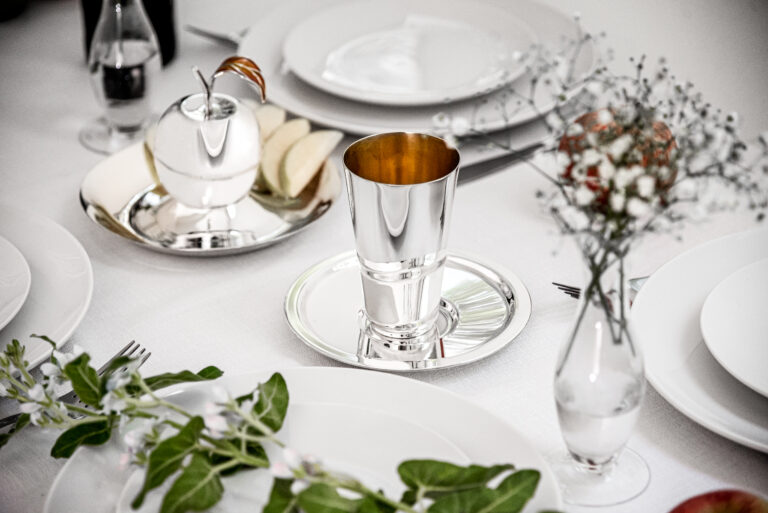 The Kiddush for Rosh Hashanah consists of several blessings, including a prayer thanking God for creating the world. It also includes a blessing giving thanks to God for renewing the year and establishing kingship over the universe.
The Kiddush for Rosh Hashanah consists of several blessings, including a prayer thanking God for creating the world. It also includes a blessing giving thanks to God for renewing the year and establishing kingship over the universe.
The cup typically used is a special one made of silver or gold, symbolizing the preciousness of the holiday.
The Rosh Hashanah Kiddush holds great significance as it marks the beginning of the festive meal that follows synagogue services. It is a moment where families and friends gather together to sanctify the holiday and express gratitude for all the blessings in their lives.
Whether it’s dipping apples in honey or savoring traditional dishes like challah and round loaves symbolizing continuity, Rosh Hashanah Kiddush adds an extra layer of meaning to these culinary delights. It sets an intention for the new year ahead – one filled with hope, health, happiness, and peace.
As we raise our glasses filled with wine or grape juice during this solemn ritual, let us cherish not only the delicious taste but also the spiritual essence that binds us together as a community. May Rosh Hashanah remind us of our interconnectedness and inspire us to create a more compassionate world in which all can thrive.
L’shanah tovah – wishing you a sweet New Year!
Hanukkah Kiddush
 The Kiddush for Hanukkah is slightly different than the standard one, as it includes a special blessing praising God for enabling the Maccabees to rededicate the Holy Temple.
The Kiddush for Hanukkah is slightly different than the standard one, as it includes a special blessing praising God for enabling the Maccabees to rededicate the Holy Temple.
The cup used during this Kiddush also has special significance and is made of either silver or glass, symbolizing victory and light in times of darkness.
Hanukkah Kiddush is a significant ritual in the celebration of Hanukkah, a Jewish holiday that commemorates the rededication of the Second Temple in Jerusalem. Kiddush, which means “sanctification,” is traditionally performed on Shabbat and other festive occasions.
During Hanukkah, the Kiddush takes on additional symbolic meaning as it represents the sanctification of the holiday itself. It is typically recited before lighting the candles on the menorah.
Additionally, special passages such as Psalms or prayers specific to Hanukkah are often included in the Kiddush. These passages highlight themes like freedom, dedication, and gratitude for miracles.
The purpose of reciting the Hanukkah Kiddush is to bring families and communities together during this joyous time. It serves as a unifying moment where everyone can pause and reflect on the significance of Hanukkah while expressing their blessings and appreciation.
While traditional practices guide this ritual, it’s important to note that customs may vary across different Jewish communities and families when it comes to specific wording or traditions surrounding the Hanukkah Kiddush.
Passover Kiddush
 The Passover Kiddush consists of several blessings, including a prayer thanking God for freeing the Jewish people from slavery in Egypt. It also includes a special blessing expressing gratitude for keeping His covenant with the Jewish people throughout history.
The Passover Kiddush consists of several blessings, including a prayer thanking God for freeing the Jewish people from slavery in Egypt. It also includes a special blessing expressing gratitude for keeping His covenant with the Jewish people throughout history.
The cup used for this Kiddush is typically made of silver or gold, symbolizing freedom and redemption.
Passover Kiddush holds a central place in celebrating the Passover holiday, marking the beginning of the Seder meal. As families and friends gather around the table, the Kiddush ritual is performed to sanctify and commemorate this special occasion.
The term “Passover Kiddush” refers to both the act of sanctifying the holiday and the prayer recited over a cup of wine or grape juice. The word “Kiddush” itself means sanctification in Hebrew, emphasizing the sacredness of this moment.
During Passover, specific blessings are recited during Kiddush, acknowledging God’s role in delivering the Jewish people from slavery in ancient Egypt. This ritual serves as a reminder of their liberation and freedom.
The Passover Kiddush is an opportunity for reflection and gratitude as participants express their appreciation for freedom, family unity, and shared traditions. It also serves as a time for storytelling and connecting with Jewish heritage by recounting historical events that led to this important holiday.
Sukkot Kiddush
 Kiddush for Sukkot consists of several blessings, including a prayer thanking God for creating the world and its creatures. It also includes a special blessing expressing thanks for the harvest and abundance in life.
Kiddush for Sukkot consists of several blessings, including a prayer thanking God for creating the world and its creatures. It also includes a special blessing expressing thanks for the harvest and abundance in life.
Sukkot, a joyous and festive Jewish holiday, is marked by various customs and traditions. One of the most beloved rituals during Sukkot is the Kiddush, a special blessing recited over wine to sanctify the holiday.
The Sukkot Kiddush holds great significance as it is performed in the unique setting of the sukkah, a temporary outdoor structure symbolizing the booths that our ancestors dwelled in during their journey in the wilderness. This gathering under the sukkah helps create an atmosphere of unity and gratitude, fostering deeper connections with family, friends, and the spiritual essence of Sukkot.
The Kiddush itself consists of a specific set of blessings recited aloud by participants before partaking in wine or grape juice. It serves as a reminder of our gratitude for nature’s bounty and God’s presence in our lives. Often accompanied by delicious kosher food and traditional holiday dishes, such as challah bread and seasonal fruits, Sukkot Kiddush adds extra depth to this celebratory occasion.
Kiddush and Wine
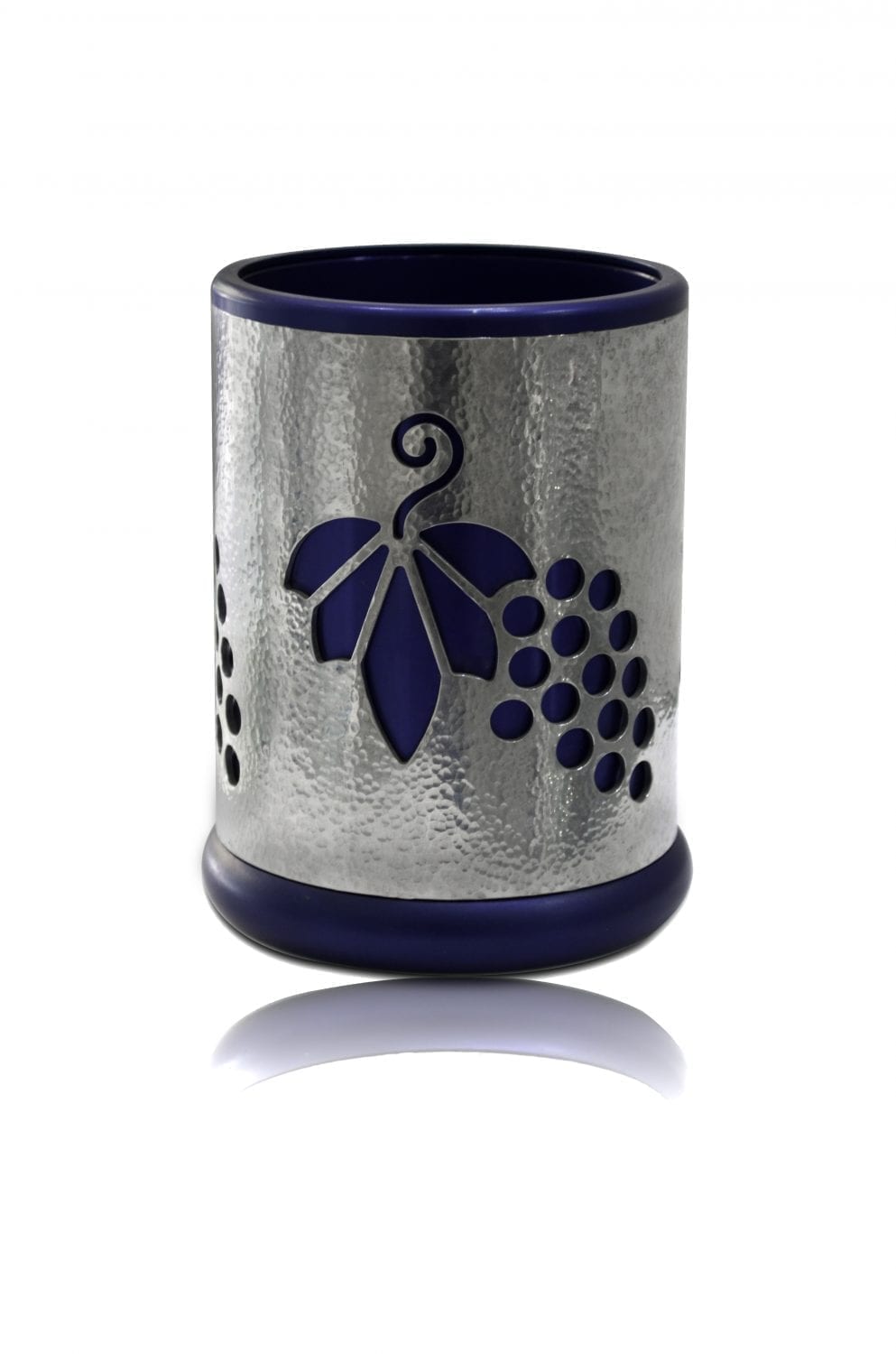
Wine plays a prominent role in Kiddush. It symbolizes joy, celebration, and abundance. The act of reciting blessings over wine elevates the experience of sanctification and adds a layer of spiritual significance to the ritual.
Check out our Kiddush Wine Stands.
Introducing our Anodized Aluminum Modern Wine Holder – a sleek and sophisticated addition to your collection of wine accessories. Crafted from Anodized Aluminum, this wine holder not only showcases your favorite bottles but also adds a touch of modern elegance to any space.
The anodized aluminum construction ensures durability and longevity, making it perfect for both casual gatherings and formal occasions. Its clean lines and minimalist design make it a versatile piece that seamlessly blends with any interior decor.
Kiddush in Jewish Celebrations
Kiddush is an integral part of various Jewish celebrations, including Jewish weddings, bar mitzvahs, and brit milahs. It serves as a way to recognize the special occasion and express gratitude for the blessings in life. In addition, the Kiddush is often accompanied by traditional Jewish songs, adding an element of joy and celebration to the ritual.
Kiddush as a Symbol of Sanctification
Kiddush is more than a simple act of blessing over wine. It represents the sanctification of time and space, transforming ordinary moments into sacred ones. Through Kiddush, Jews affirm their commitment to upholding tradition and elevating the mundane to the divine.
Kiddush and Community
Kiddush is often performed in a communal setting, emphasizing the importance of shared rituals within the Jewish community. It creates a sense of unity, reminding individuals of their shared beliefs and values. Kiddush allows community members to come together and strengthen their bonds.
Kiddush and Family Traditions
Within families, Kiddush holds a special place. It is a time-honored tradition passed down from generation to generation. Families gather around the table, recite the blessings, and partake in the symbolic act of sanctification, fostering a sense of continuity and connection with their heritage.
Kiddush in the Modern World
In the modern world, Kiddush continues to be an integral part of Jewish life. It provides a moment of reflection, gratitude, and spirituality amidst the fast-paced nature of contemporary society. Kiddush serves as a reminder of the importance of setting aside time for sacred rituals and meaningful connections.
The Spiritual Meaning of Kiddush
Beyond its ritualistic aspects, Kiddush carries profound spiritual meaning. It represents the acknowledgment of God’s presence in our lives, the appreciation of blessings, and the pursuit of holiness. By sanctifying the Sabbath and festivals, individuals aspire to bring divine energy into their everyday existence.
How long does a Kiddush last?
The length of a Kiddush varies depending on the occasion. It can take anywhere from five to fifteen minutes or even longer. The most important aspect is not the length but rather the intention and focus that is put into it.
Can a Woman Say Kiddush?
 Yes, a woman can say Kiddush. According to halakha (Jewish law), women are equally obligated as men in the mitzvah of Kiddush. The Shulchan Aruch (Code of Jewish Law) states that “a woman is obligated in Kiddush just as a man is.”
Yes, a woman can say Kiddush. According to halakha (Jewish law), women are equally obligated as men in the mitzvah of Kiddush. The Shulchan Aruch (Code of Jewish Law) states that “a woman is obligated in Kiddush just as a man is.”
There are a few minority opinions that hold that women should not say Kiddush, but these opinions are not widely accepted. Most rabbis agree that women are permitted to say Kiddush, and many do so in their own homes and synagogues.
What is the Purpose of Kiddush?
The purpose of Kiddush is to sanctify and acknowledge the holiness of the Sabbath or Jewish festivals. It is a way of expressing gratitude and connecting with the divine.
Conclusion
Kiddush is a cherished ritual within the Jewish faith, signifying the sanctification of time, space, and community. Through the recitation of blessings over wine and bread, Jews connect with their spiritual heritage and express gratitude for the blessings bestowed upon them.
Kiddush serves as a unifying force, bringing families and communities together while also fostering a deeper sense of spirituality in the modern world.

